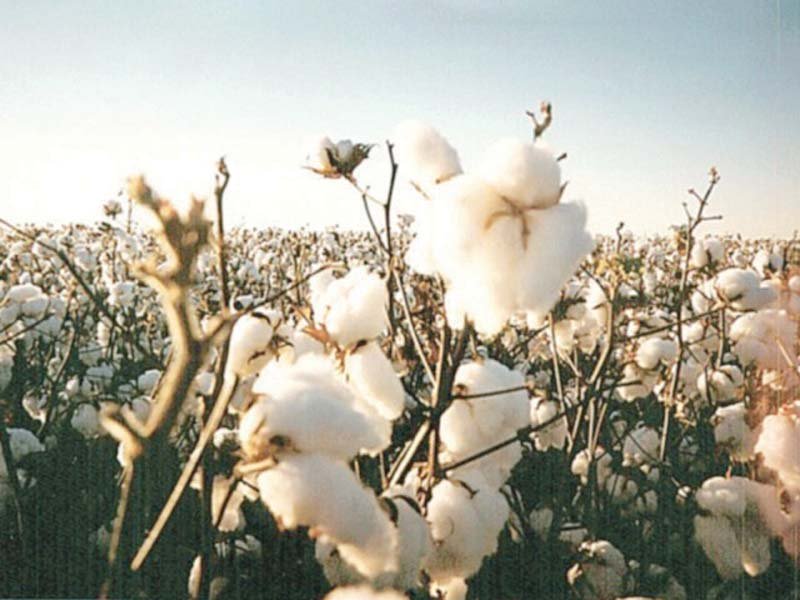
As expected, Pakistan faces a decline in cotton production by up to 33% with Punjab’s contribution going down by almost 44%, according to data available as of January 15.
The decrease in cotton production does not come as a surprise as a depressed commodities market and floods have taken their toll on farmers, with inadequate measures against pest attacks also contributing to the decline.
India's state cotton purchases to plummet as Pakistan raises imports
According to a consolidated statement released by the Pakistan Cotton Ginners’ Association, Punjab was the worst-hit in terms of decrease in production. Sindh fared comparatively much better, with a 4% decline.
As of January 15, total cotton bales in the country amounted to 9.313 million compared to 14.25 million in the corresponding period of last year. Punjab’s share amounted to 5.74 million compared to 10.34 million the previous year. Sindh produced 3.73 million.
In Punjab, Multan and Lodhran faced a drastic reduction in cotton production, registering a 73% decline. Three cities of Sindh were most affected including Ghotki, Badin and Mirpurkhas with 43%, 42% and 31%, respectively.
Cotton Commissioner Khalid Abdullah said the department is taking various steps to stabilise cotton prices amid the shortfall. “There are multiple factors behind the shortfall in 2015, including climate change, insect attack and low prices of cotton,” said Abdullah. “Climate change implications are a major blow and that is beyond human control.”
However, he said the department is closely working with the Pakistan Meteorological department to take appropriate steps to mitigate climatic implications.
Cotton consumption to fall to 8.5m bales
In addition, he said that the department in coordination with provincial governments and other stakeholders has started awareness campaigns to educate farmers and enable them to take precautionary measures against insect attacks.
Published in The Express Tribune, January 26th, 2016.
Like Business on Facebook, follow @TribuneBiz on Twitter to stay informed and join in the conversation.
1731570357-0/elon-musk-(1)1731570357-0-405x300.webp)
-(1)1717678110-0/Kendrick-(1)-(1)1717678110-0-165x106.webp)















COMMENTS (4)
Comments are moderated and generally will be posted if they are on-topic and not abusive.
For more information, please see our Comments FAQ